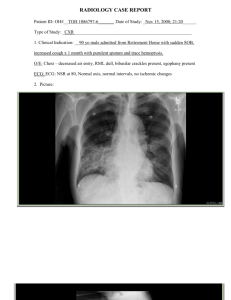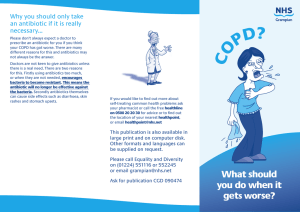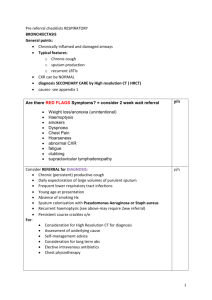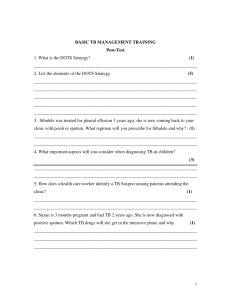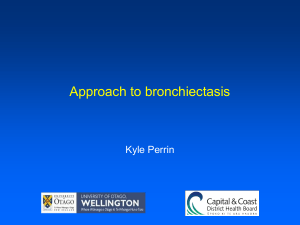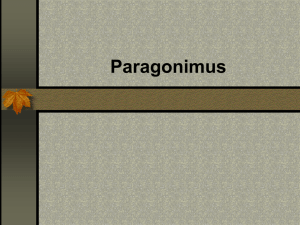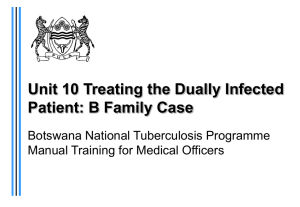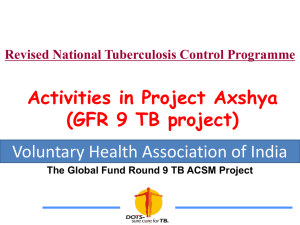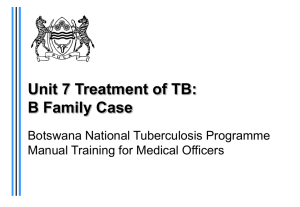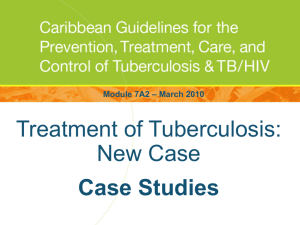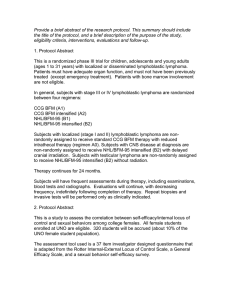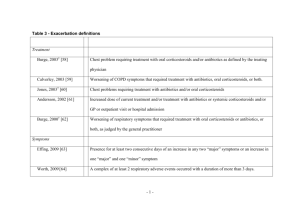Parliament Hill Medical Centre: self
advertisement
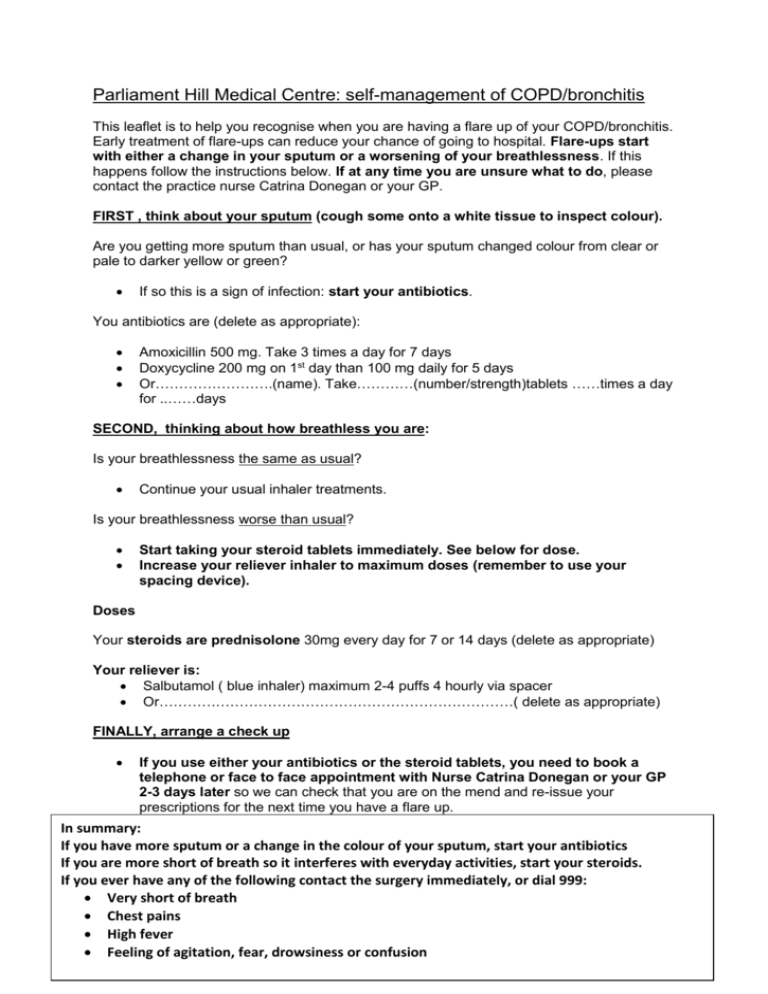
Parliament Hill Medical Centre: self-management of COPD/bronchitis This leaflet is to help you recognise when you are having a flare up of your COPD/bronchitis. Early treatment of flare-ups can reduce your chance of going to hospital. Flare-ups start with either a change in your sputum or a worsening of your breathlessness. If this happens follow the instructions below. If at any time you are unsure what to do, please contact the practice nurse Catrina Donegan or your GP. FIRST , think about your sputum (cough some onto a white tissue to inspect colour). Are you getting more sputum than usual, or has your sputum changed colour from clear or pale to darker yellow or green? If so this is a sign of infection: start your antibiotics. You antibiotics are (delete as appropriate): Amoxicillin 500 mg. Take 3 times a day for 7 days Doxycycline 200 mg on 1st day than 100 mg daily for 5 days Or…………………….(name). Take…………(number/strength)tablets ……times a day for ..……days SECOND, thinking about how breathless you are: Is your breathlessness the same as usual? Continue your usual inhaler treatments. Is your breathlessness worse than usual? Start taking your steroid tablets immediately. See below for dose. Increase your reliever inhaler to maximum doses (remember to use your spacing device). Doses Your steroids are prednisolone 30mg every day for 7 or 14 days (delete as appropriate) Your reliever is: Salbutamol ( blue inhaler) maximum 2-4 puffs 4 hourly via spacer Or…………………………………………………………………( delete as appropriate) FINALLY, arrange a check up If you use either your antibiotics or the steroid tablets, you need to book a telephone or face to face appointment with Nurse Catrina Donegan or your GP 2-3 days later so we can check that you are on the mend and re-issue your prescriptions for the next time you have a flare up. In summary: If you have more sputum or a change in the colour of your sputum, start your antibiotics If you are more short of breath so it interferes with everyday activities, start your steroids. If you ever have any of the following contact the surgery immediately, or dial 999: Very short of breath Chest pains High fever Feeling of agitation, fear, drowsiness or confusion
